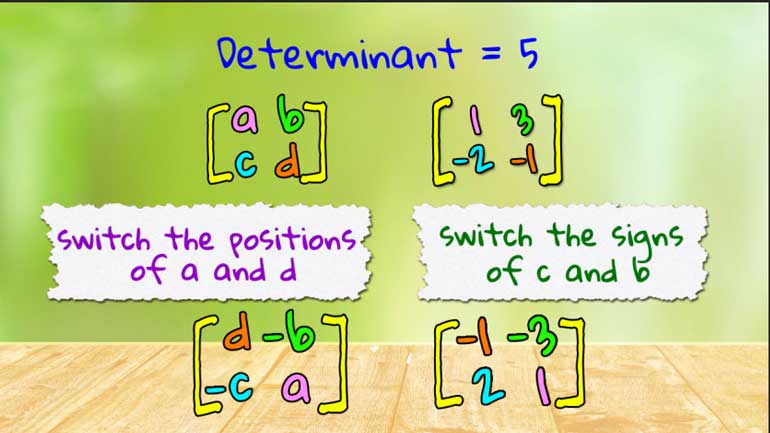ShmoopTube
Where Monty Python meets your 10th grade teacher.
Search Thousands of Shmoop Videos
Direct Variation 2679 Views
Share It!
Description:
Direct variation helps to calculate exponential proportions and is an easy way to figure out relations. If Godzilla were chasing you, which car would you rather pick: the heavier or lighter one? Watch the video to find out.
Transcript
- 00:04
Direct Variation, a la Shmoop. Godzilla just attacked the Indianapolis Motor
- 00:10
Speedway. Looks like Dario Franchitti's going to have
- 00:14
to wait until next year to win his fourth Indy 500.
- 00:18
That is, if he hasn't been crushed by a mutant lizard foot before then.
- 00:26
So... it's time for the drivers to book it out of there.
Full Transcript
- 00:31
Suppose that each car's top speed varies directly to the car's weight when it is squared.
- 00:40
For the rest of this problem, assume the following relationship: a car weighing 500 kilograms
- 00:46
would have a top speed of 200 kilometers per hour.
- 00:51
Dario drives a car that weighs 700 kilograms. That's 1,500 pounds...ish.
- 00:54
What's the top speed he can attain as he tries to flee from the monster?
- 01:00
Here are your choices: In this scenario, the heavier a car is, the
- 01:06
faster it can go. Hmm... maybe rocket fuel weighs a lot.
- 01:07
Since the top speed... "T"... varies directly with the weight of the car... "W"...
- 01:12
...the equation relating the two will be "T equals kW squared."
- 01:18
This is exactly what direct variation is -- a relationship between two variables in which
- 01:24
one changes in proportion to the other. The k snuck in there because the top speed
- 01:32
is related proportionally to the square of the weight, but not exactly.
- 01:41
In other words, the weight of the car is not exactly the square of the top speed...
- 01:45
...but the weight of the car squared increases at the same rate as the top speed.
- 01:51
Okay, so we're given two values... ...a top speed of 200 and a weight of 500.
- 01:57
When we plug them into our equation, we get 200 equals k times 500 squared, which equals
- 02:04
k times 250,000. When we divide both sides by 250,000, we are
- 02:10
left with k equals point-zero-zero-zero-eight. Now that we've got our "k," we can just plug
- 02:18
in the value for Dario's 700 kilogram car. T equals point-zero-zero-zero-eight times
- 02:25
700 squared, or... ...T equals 392 kilometers per hour.
- 02:34
We're going to hitch a ride with Answer D. That speed should be enough to get Dario to
- 02:38
safety. Godzilla is scary, but he's not exactly quick
- 02:42
on his feet.
Up Next
Mosquitos need their caffeine, just like the rest of us. Wouldn't think zipping around and stinging people all day long sap your energy?




